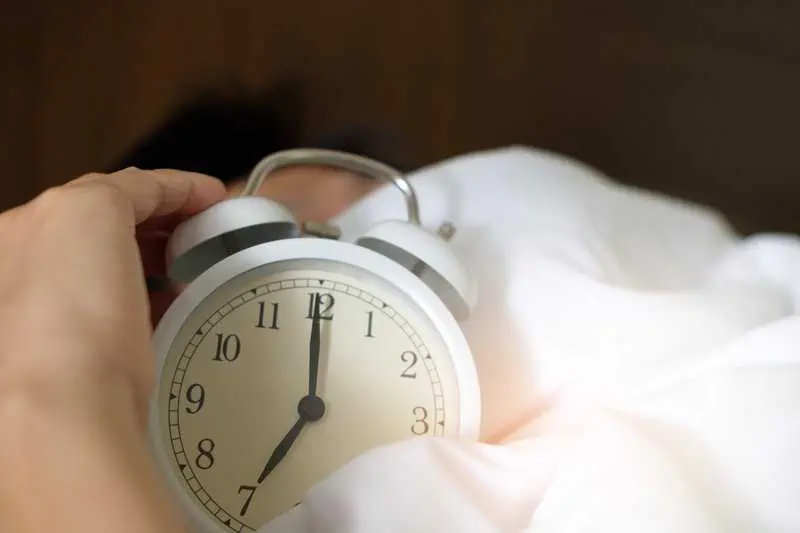
Lack of sleep can occur due to all kinds of reasons. If you have jaw pain or have already been diagnosed with TMD, you may notice that you are unable to get a good night’s sleep. Dr. Grace Liu, Dr. Lewis Yu, and the rest of the staff at All About Smiles care deeply about the various ways that TMJ affects you. Take a closer look at the various ways TMJ can interfere with your sleep and how we can help ease the problem at All About Smiles in Wilmington, DE.
TMJ stands for temporomandibular joint, which is the joint on the sides of your face that allows you to open and close your mouth. When this joint does not function properly, we say you have TMJ issues or TMD, which stands for temporomandibular joint disorder. Common symptoms of this disorder include:
TMJ disorders can create other serious problems that may not be diagnosed correctly by your doctor. For instance, you might experience:
Patients who have TMJ issues may be experiencing pain in their face, neck, ears, or shoulders. Pain can keep you awake simply by demanding your constant attention. If you have headaches, too, you may have difficulty dozing off.
TMJ problems can cause a common sleep disorder called sleep apnea. Sleep apnea occurs when something obstructs your airway while you are sleeping, thereby waking you up frequently. If your TMJ is not in the right position, it can affect the positioning of your tongue, which could block your airway when you are lying down. Treating TMJ issues is one way to treat sleep apnea.
Bruxism is the condition of grinding or clenching your teeth, which often happens while you are asleep. It can be caused by a poor bite alignment, which could be due to TMJ problems. People suffering from bruxism often wake up with headaches or sore jaw muscles. When you are sore, you don’t get the best quality sleep.
The muscles around your TMJ may be stretched too tightly due to the poor positioning of the joint. This can create a headache that feels like a migraine. It may be worse at night when you are in a different position than you are during the day.
If you have TMJ or TMD, the best thing to do is talk to your dentist at All About Smiles. We can provide a treatment plan that will treat the underlying problems in your joint. Your treatment may include neuromuscular dentistry, which adjusts the alignment of your joint. Medications for headaches or treatments that are only for bruxism or sleep apnea are probably not going to give you long-term relief.
We may suggest you sleep on your back instead of on your side. Sleeping on your back supports your neck and head better, reducing pressure on your TMJ. It also puts your spine in a neutral position, which is better for your overall body alignment. Keeping your arms at your sides will also reduce tension in your shoulders. Making key adjustments to properly support your spine and body helps increase your comfort, so you can sleep easier.
If you have trouble sleeping and you are experiencing jaw pain, night headaches, or any other symptom related to TMJ, please contact us to schedule an appointment at our Wilmington, DE office. We can give you an accurate diagnosis and an effective treatment plan that helps your whole body heal and rest.
It all adds up to better health, smile, body, and spirit!